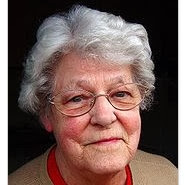
85 with Dementia? Good Chance It’s HS-AGING, Not Alzheimer’s
Three important dementia studies focus on HS-AGING, a type of dementia almost as common as Alzheimer’s in the 85+ group. Yet few people have heard of it. Why? What makes it different?

Three important dementia studies focus on HS-AGING, a type of dementia almost as common as Alzheimer’s in the 85+ group. Yet few people have heard of it. Why? What makes it different?

LOOKING BACK: Are concussions a given part of playing hard? Watch football legend Tony Dorsett and his wife share their story.
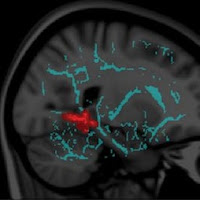
Brain patterns in concussions are similar to patterns seen in Alzheimer’s. Why? The initial traumatic event that caused the concussion may trigger a sequence of degenerative changes in the brain.
With 1.7 million annual concussions in the U.S., learn more about these relevant findings.

NFL researchers find that football players may end up with dementias such as CTE and Alzheimer’s NINETEEN TIMES more often than normal. Watch and learn more.

CONCUSSIONS & DEMENTIA – TED VIDEO: CTE Dementia (Chronic Traumatic Encephalopathy) is a dementia-mystery that Chris Nowinski is solving. See his ground-breaking effort to protect

POWERFUL VIDEO & ARTICLE: Super Bowl Champion Ben Utecht testified about his dementia before Congress. Football causes a type of dementia called CTE, and Ben
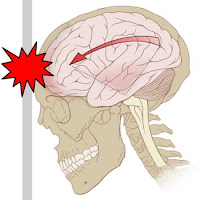
AS PROFESSIONAL sports teams battle lawsuits for dementia caused by concussion, new research shows damage to the brain can persist for decades after a head

DIAGNOSIS ARTICLE + VIDEO: The family of major league soccer player Scott Vermillion is speaking out about his posthumous diagnosis of CTE Dementia (chronic traumatic
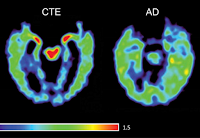
DIAGNOSIS NEWS: CTE dementia can now be diagnosed with certainty. (CTE [Chronic Traumatic Encephalopathy] is caused by blows to the head.) This differs from the

UNTREATED CONCUSSIONS may trigger CTE dementia (Chronic Traumatic Encephalopathy). Proper evaluation & treatment of concussions help brains heal. Learn how to best manage concussions.

DIAGNOSIS VIDEO + ARTICLE:
Country music legend Kris Kristofferson Alzheimer’s misdiagnosis ruined his career. Turned out he had Lyme disease. Learn about his remarkable recovery and the signs to look for.

DIET: MAGNESIUM appears to do more to maintain brain health, prevent cognitive impairment (CI), and fight Alzheimer’s Disease (AD), than previously thought. Learn how.
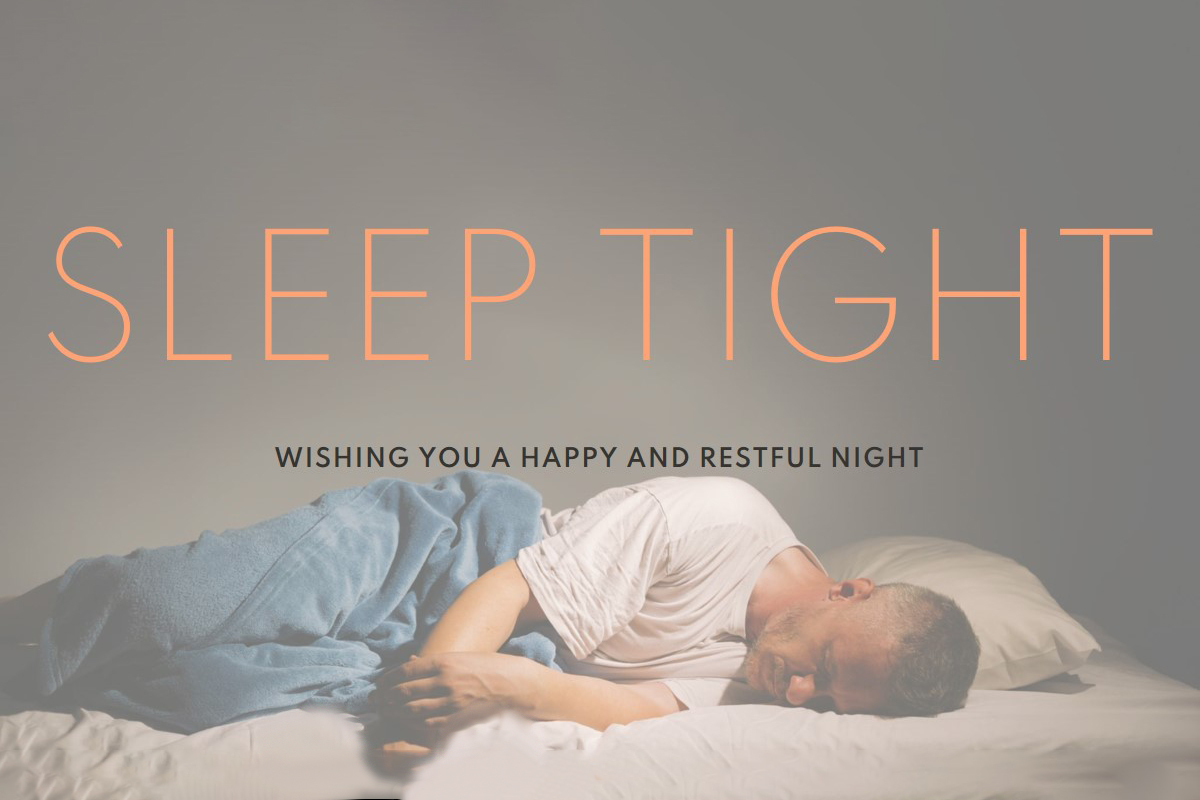
VIDEO + ARTICLE: People who get more REM sleep get less dementia. REM sleep is when dreaming occurs. Learn about the stages of sleep and their dementia links.

An intriguing study of 120 grandmothers might surprise you. Doctors know socially engaged people have better cognition and less dementia. But can a person get too much of a good thing? What’s the right balance?
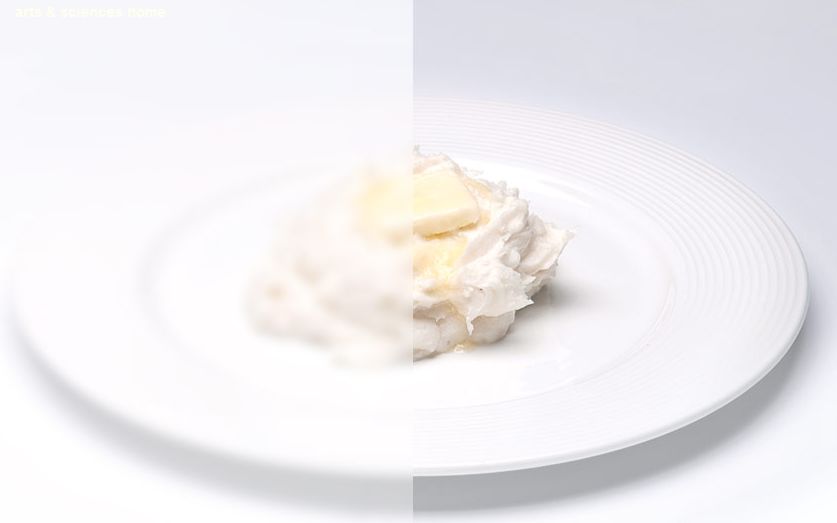
If you couldn’t see your mashed potatoes, you probably wouldn’t eat them. That’s why what “The Red Plate Study” found was astonishing! Alzheimer’s patients eating from red plates consumed 25 percent more food than those eating from white plates. Find out why.

Enjoy this great duet between a musician with dementia and his son. A triumph of spirit over Alzheimer’s! Sing-a-long if you like!

It looks like a sneeze cannot give anyone Alzheimer’s. While Alzheimer’s abnormal disease proteins do spread from cell-to-cell, they are not “infectious”. Check out the facts.
No spam, only news and updates.



This site was inspired by my Mom’s autoimmune dementia.
It is a place where we separate out the wheat from the chafe, the important articles & videos from each week’s river of news. Google gets a new post on Alzheimer’s or dementia every 7 minutes. That can overwhelm anyone looking for help. This site filters out, focuses on and offers only the best information. it has helped hundreds of thousands of people since it debuted in 2007. Thanks to our many subscribers for your supportive feedback.
The site is dedicated to all those preserving the dignity of the community of people living with dementia.
Peter Berger, Editor